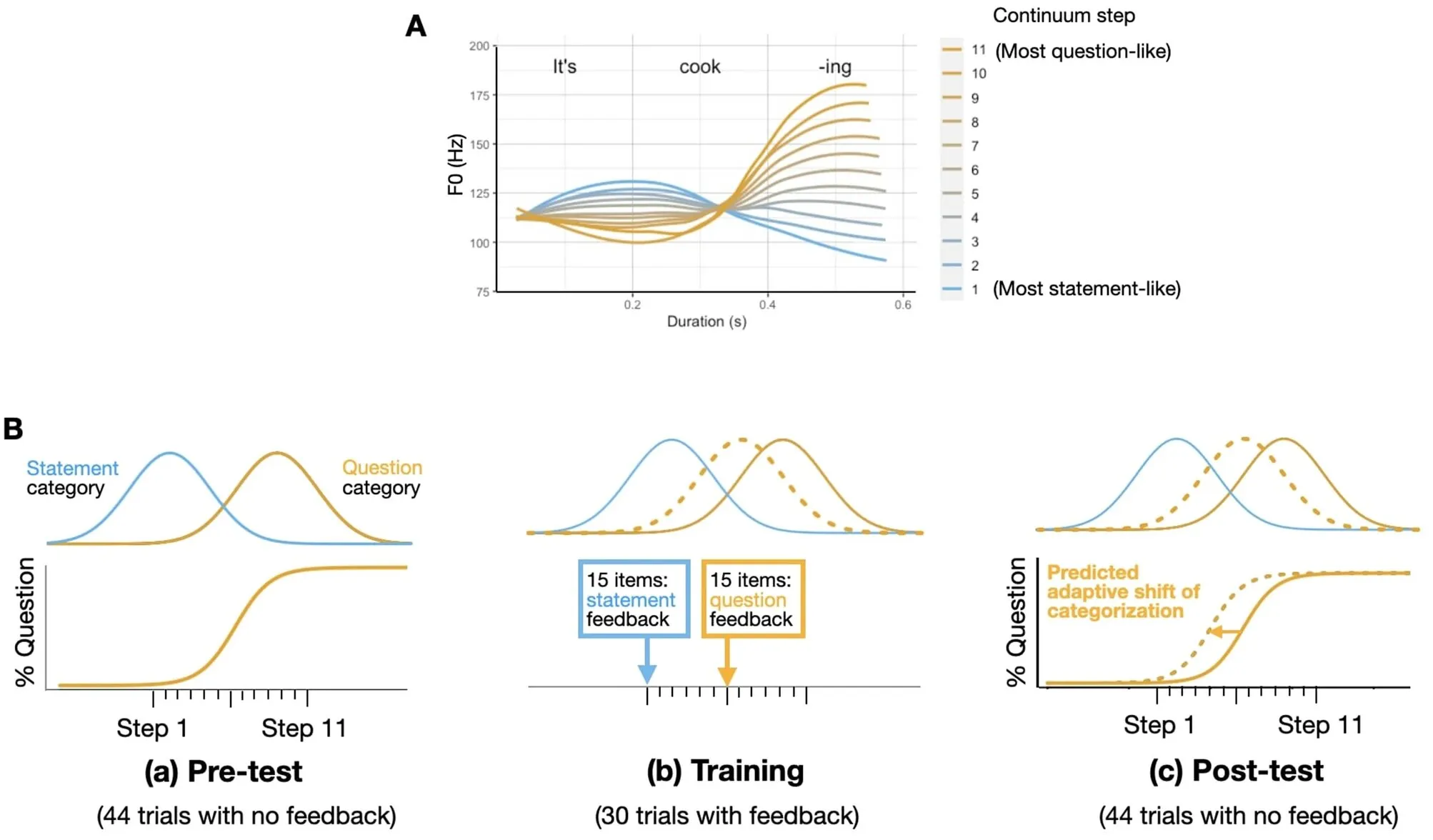Health Research on Autism: Challenges with Non-Verbal Communication

Understanding Autism and Non-Verbal Communication
Recent health research indicates that adolescents with autism face significant challenges in understanding non-verbal cues. These issues stem from difficulties in adapting to changes in speech patterns, leading to misunderstandings in tone and meaning.
Impact of Non-Verbal Communication
- Non-verbal signals play a critical role in effective communication.
- Teens with autism may misinterpret cues, affecting social interactions.
Importance of Ongoing Health Research
- Medicine research is essential to uncover the complexities of autism communication.
- Identifying specific challenges can help develop targeted therapeutic approaches.
The findings from this study highlight the necessity of tailored interventions aimed at improving communication skills among adolescents with autism.
Disclaimer: The information provided on this site is for informational purposes only and is not intended as medical advice. We are not responsible for any actions taken based on the content of this site. Always consult a qualified healthcare provider for medical advice, diagnosis, and treatment. We source our news from reputable sources and provide links to the original articles. We do not endorse or assume responsibility for the accuracy of the information contained in external sources.
This article was prepared using information from open sources in accordance with the principles of Ethical Policy. The editorial team is not responsible for absolute accuracy, as it relies on data from the sources referenced.